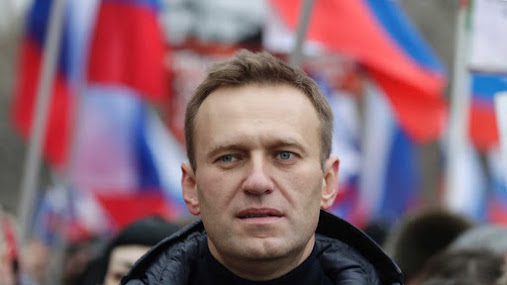Politically Exposed Persons (PEPs): What and Why?

By Christina Poursanidou, Lawyer Politically Exposed Persons (PEPs) are considered as high-risk individuals for financial institutions and obliged entities, which justifies the application of additional Anti-Money Laundering (AML) and Counter-Terrorist Financing (CFT) preventive measures with respect to business relationships with them. But who is considered as a PEP and why being a PEP poses a risk? The Financial Action Task Force (FATF) has defined a PEP as an individual who is or has been entrusted with a prominent public function, while the Article 3 par. 9 of the 4th EU AML Directive (AMLD) repeats the definition of the FATF and provides a list of particular political positions, which make somebody a PEP. It is crucial to note that both FATF and EU have included in the scope of PEPs, the family members and close associates of PEPs, which means that not only the persons with have been entrusted with prominent public function are considered as high-risk, but also their family member














